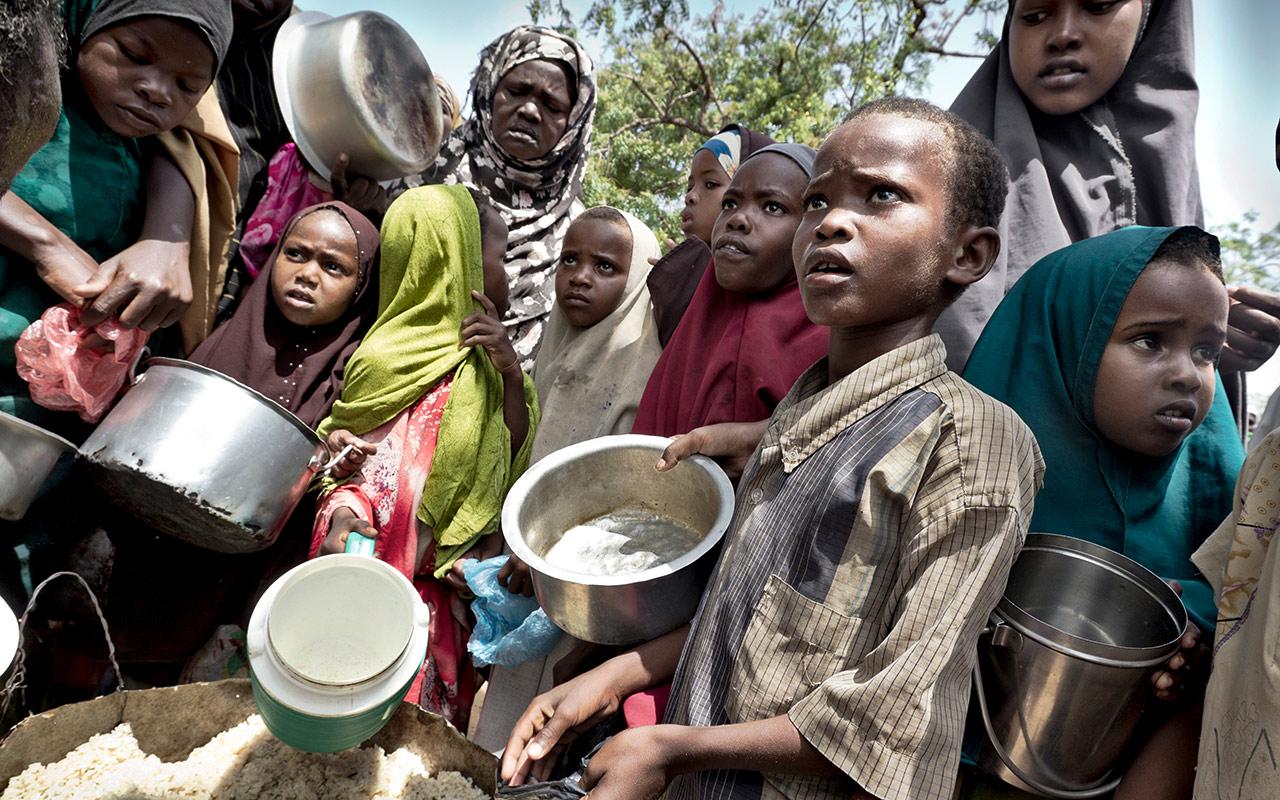Africa-Press – Angola. Twenty million Ethiopians “desperately need humanitarian and health aid”, 15 million of whom are in the North region, in Tigray, affected by the armed conflict that is ravaging Ethiopia, warned, Friday (28), the director of Interventions of the World Health Organization (WHO), Altaf Musani.
“There are cholera and measles outbreaks in the country, with 273 and 6,000 confirmed cases, and malnutrition problems that affect one in five children under 5 years of age in Tigray,” Altaf Musani said at a press conference quoted by Reuters.
WHO Director of Operations in the country, Ilham Abdelhai Nour, added that although 5.2 million people in Tigray needed humanitarian assistance, the organization had not had access to the conflict region for the past six weeks. “Before that, between March and August, during the humanitarian truce, we were able to send some aid, albeit a small amount,” she said, noting that in regions where malaria cases increased by 80%, they had to suspend Assistance Programs.
The WHO also had to limit Covid-19 Vaccination Programs to the capital of Tigray, Mekele, said the director, who stressed that only 10% of children can participate in immunization programs in that region.
“The two neighboring Ethiopian regions of North Tigray, Afar and Ahmara, also have humanitarian problems,” said Nour, noting that these areas have large populations of displaced people where malnutrition rates reach 40% in children under five. years old.
In Tigray, the level of food insecurity reaches 89 percent of the total population, according to data from the United Nations World Food Program (WFP). The conflict in Tigray began in early November 2020 when Ethiopian Prime Minister Abiy Ahmed sent the Federal Army, supported by regional forces from Amhara and the Eritrean Army, to dislodge rebel authorities in the region, the Liberation Front. of the Tigray People (TPLF).
The TPLF dominated Ethiopia’s ruling coalition for decades before Abiy came to power in 2018 and ousted them. After five months of humanitarian truces, fighting resumed on 24 August.
Tigray is isolated from the rest of the country and deprived of electricity, telecommunications networks, banking and fuel. The entry of humanitarian aid by road and air has also been halted since fighting resumed. The outcome of the conflict, which largely unfolds outside the media’s gaze, is unknown. US Ambassador to the United Nations (UN), Linda Thomas-Greenfield, estimated that in two years “up to half a million people have died”. , making any independent verification of the information impossible.
Crimes against humanity
Amnesty International (AI) guarantees that crimes against humanity have been committed “by all parties” and has not excluded the possibility of a “genocide” in the conflict that has raged in northern Ethiopia for almost two years. Since the beginning of the war in the North Tigray region in November 2020, the non-governmental organization (NGO) has recorded “numerous human rights violations, including sexual violence, rape, looting, torture and extrajudicial executions”, revealed Fisseha Tekle, AI researcher in Ethiopia and Eritrea at a press conference in Nairobi, quoted by Reuters.
“All the parties”, natives of Tigray, Amhara (the militias and security forces from the neighboring region and Eritreans), “committed serious violations of human rights and crimes against humanity”, with “impunity”, Tekle said, stating that these abuses began “right from the beginning of the conflict”.
The conflict in Ethiopia erupted after an attack by the Tigray People’s Liberation Front (TPLF) on the main army base in Mekelle, which prompted the Prime Minister to order an offensive against the group after several months of political and administrative tensions.
For More News And Analysis About Angola Follow Africa-Press






